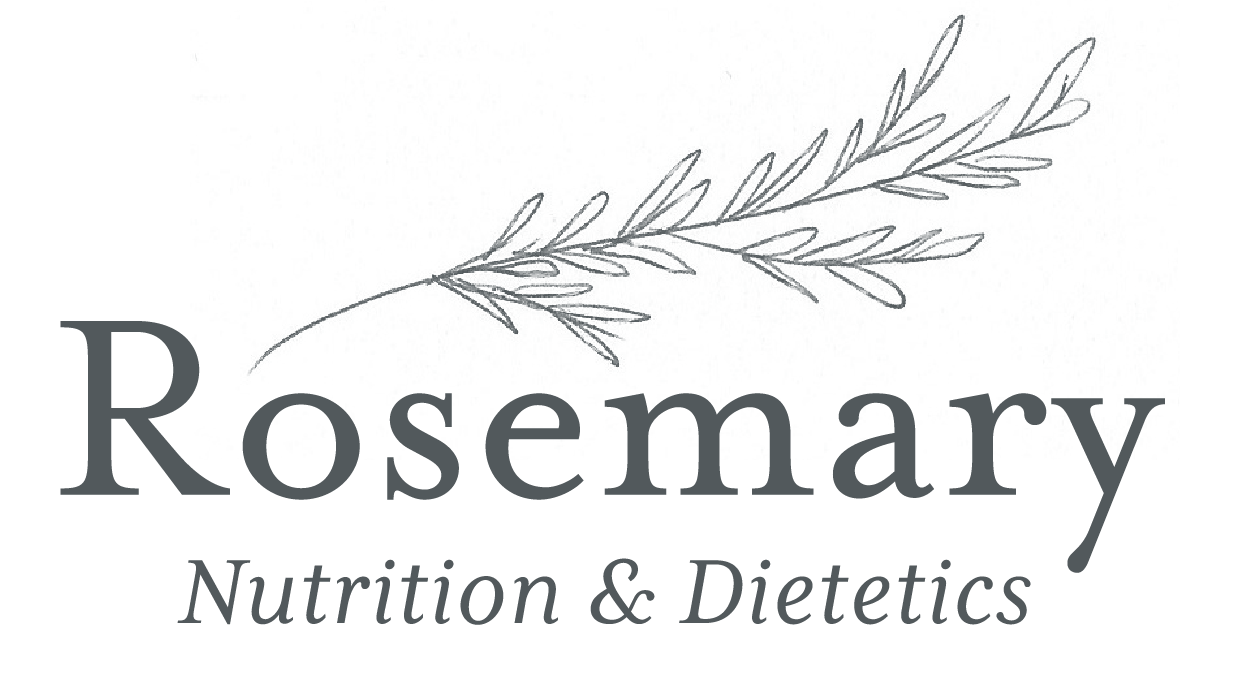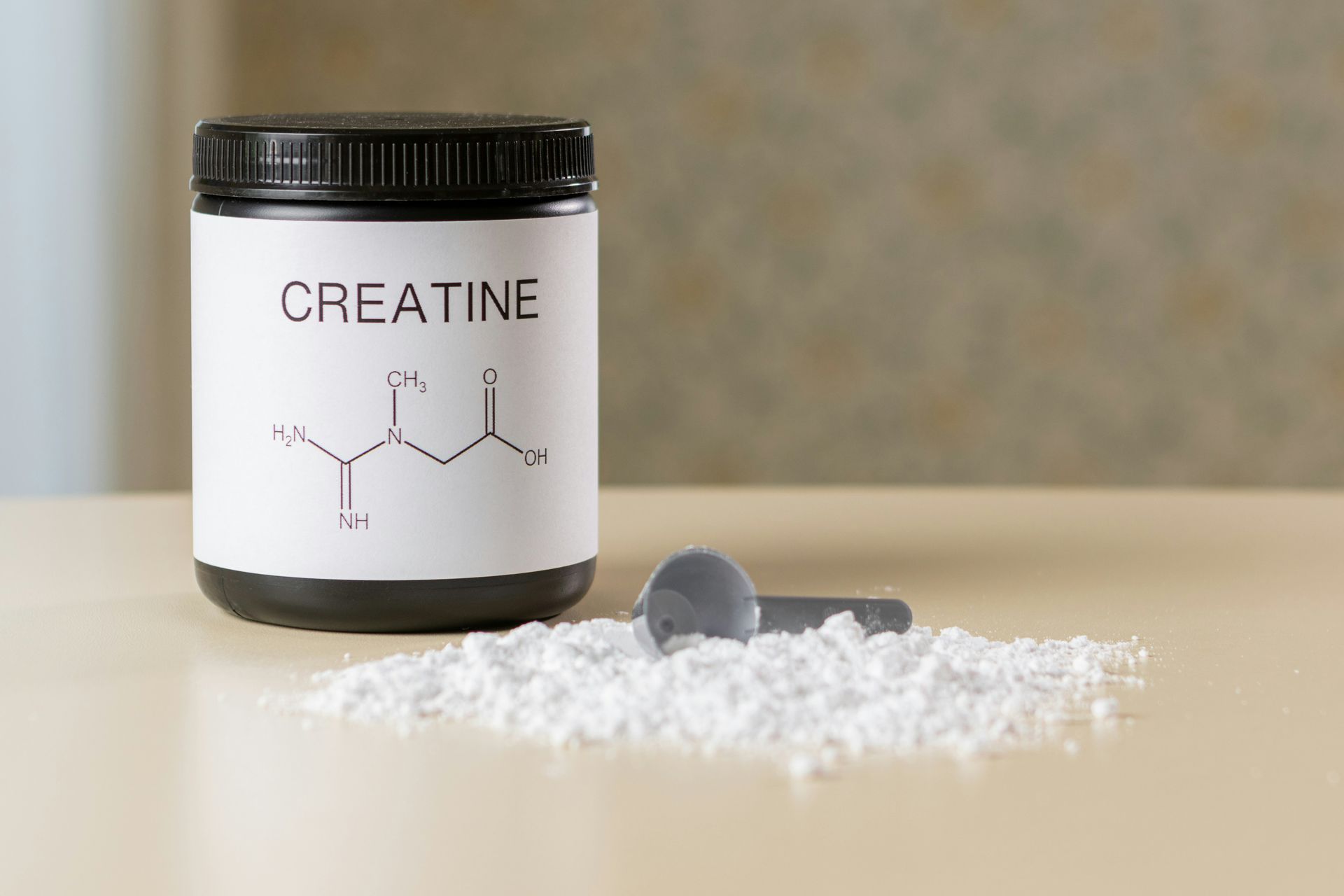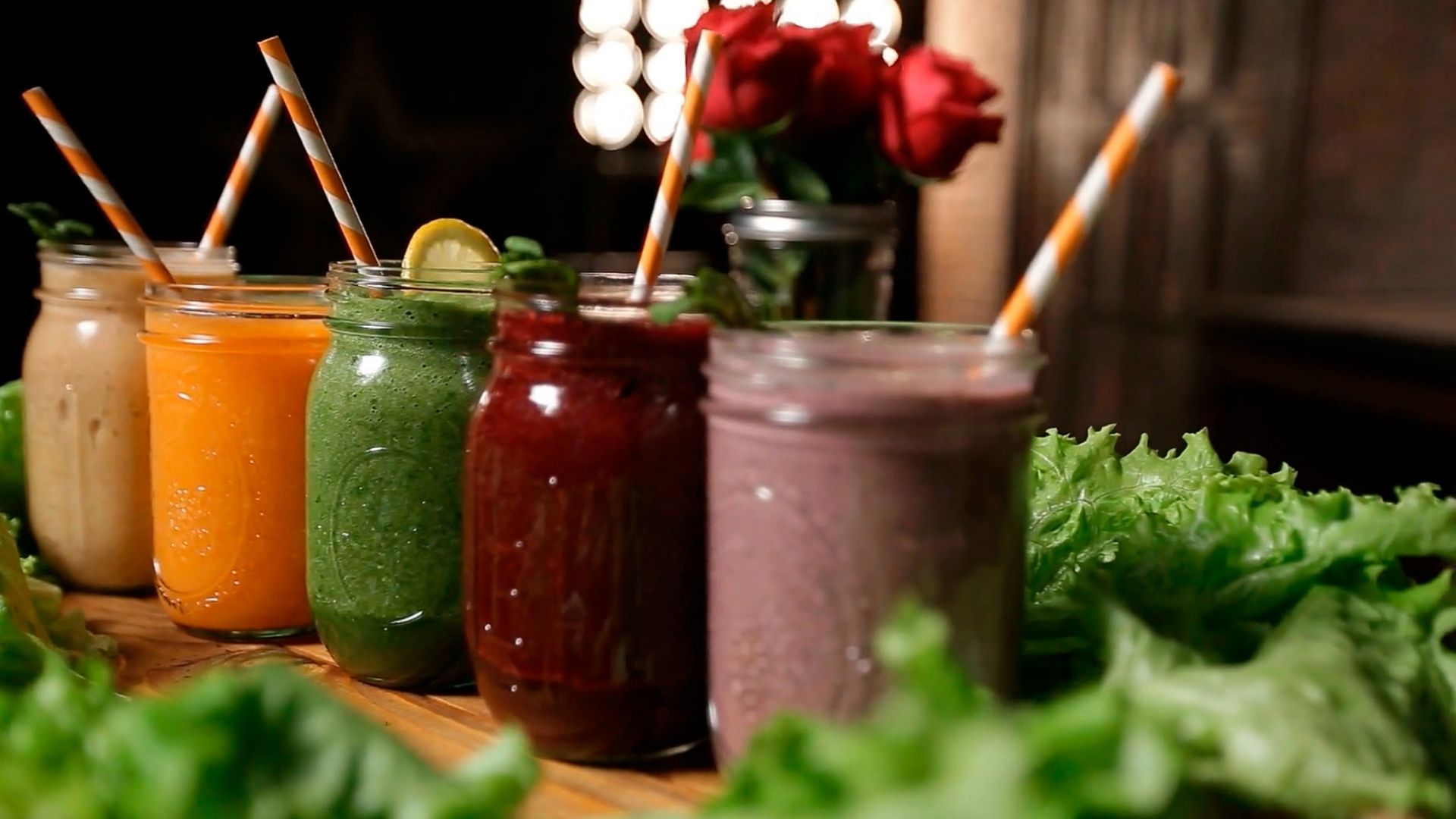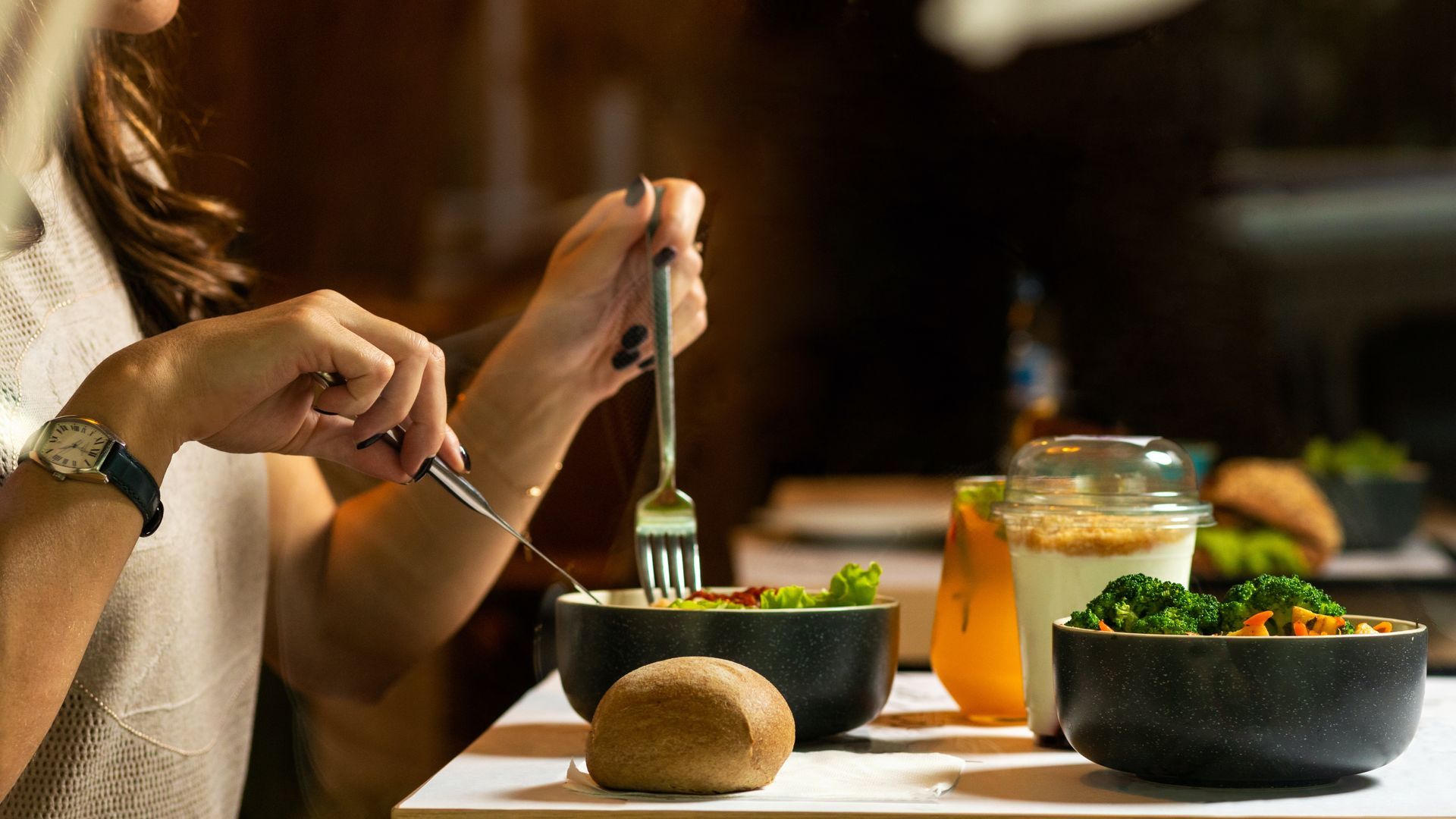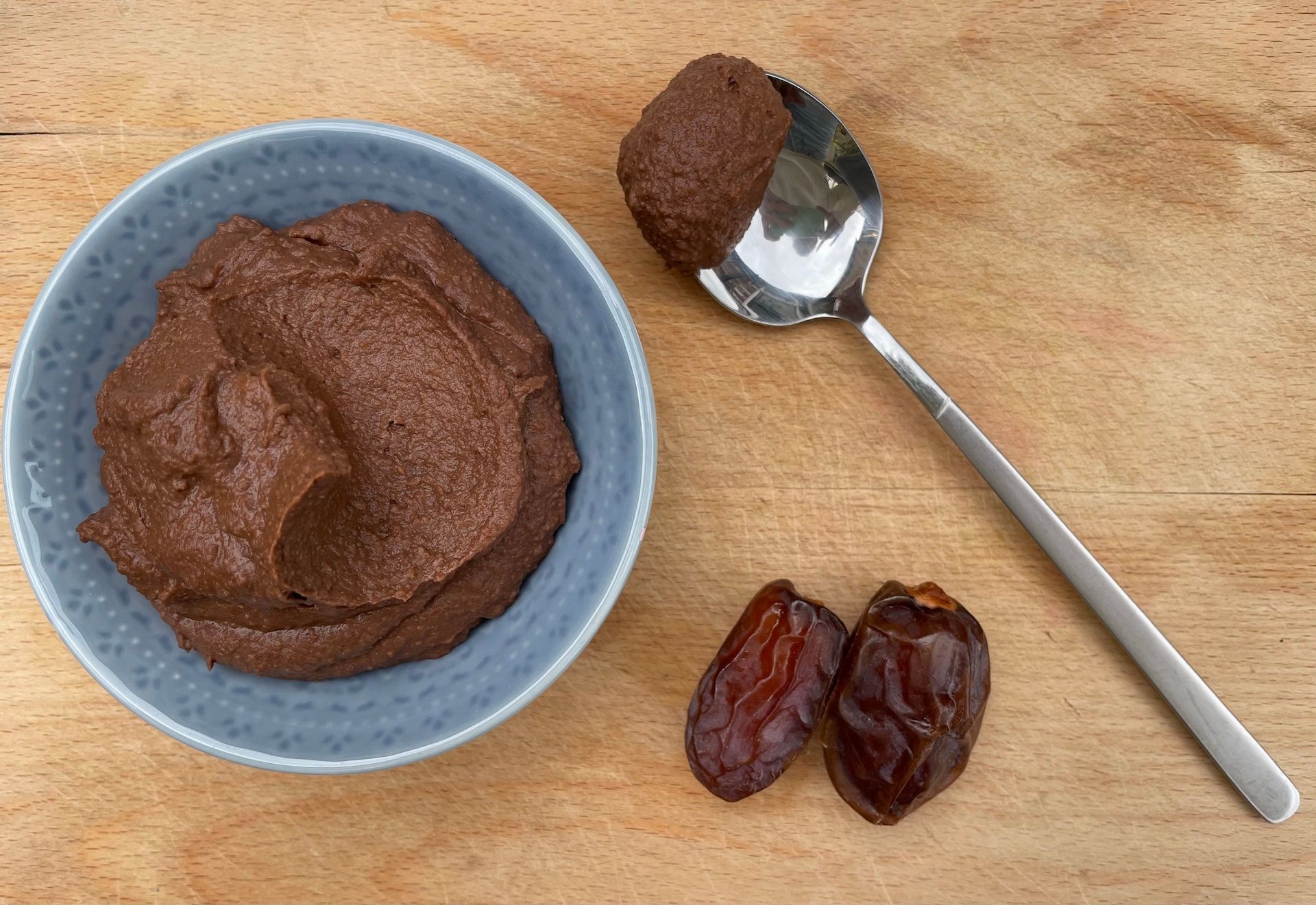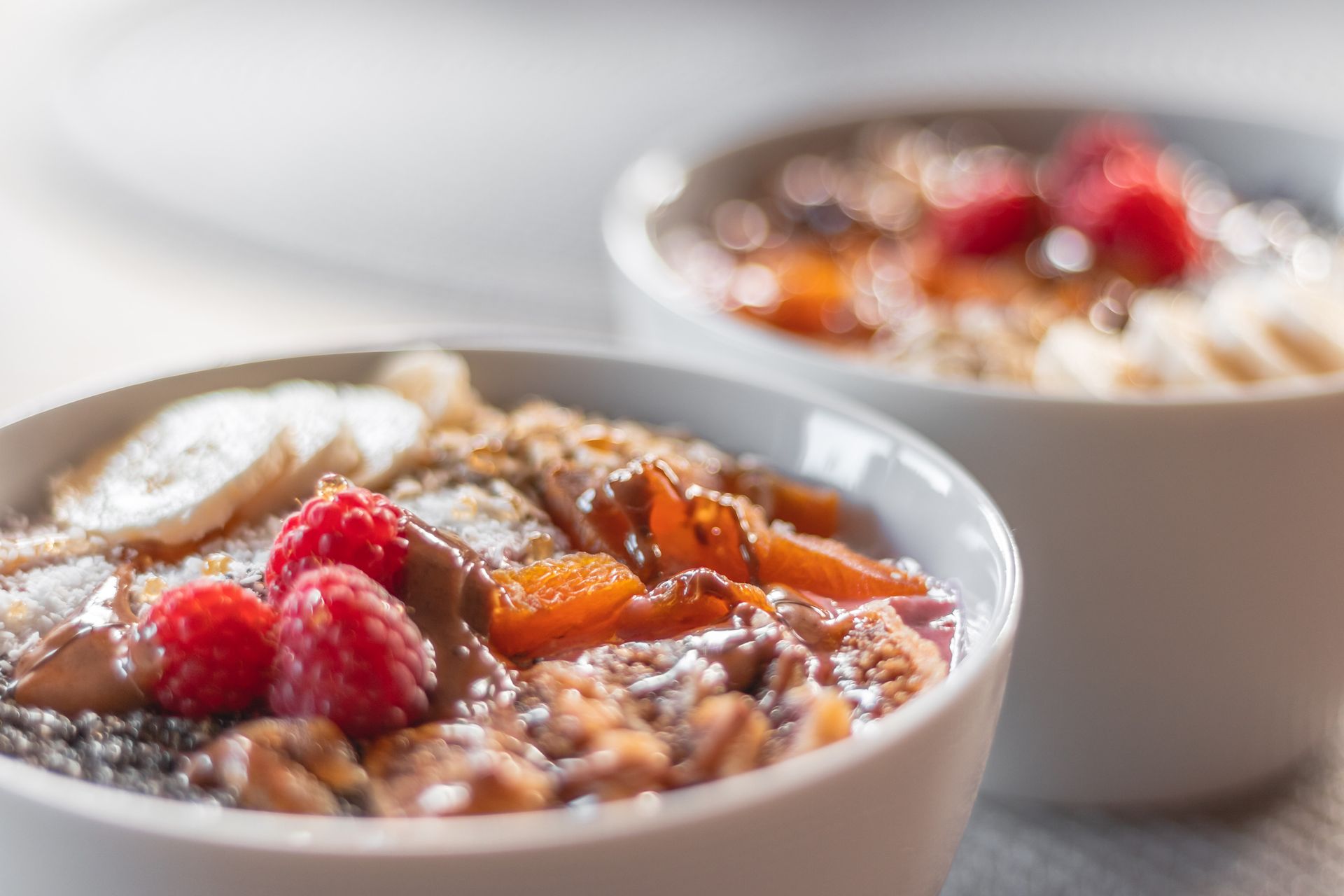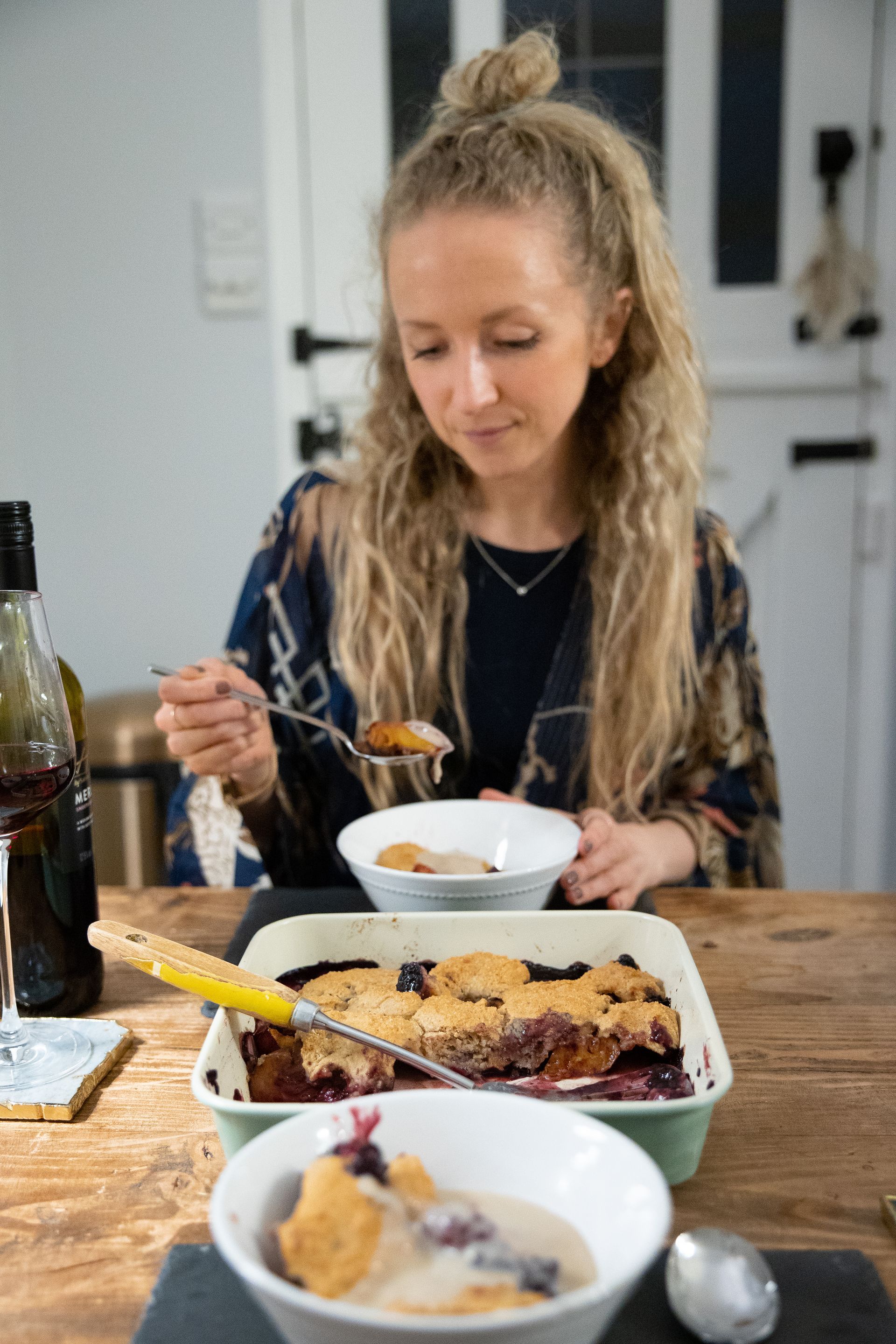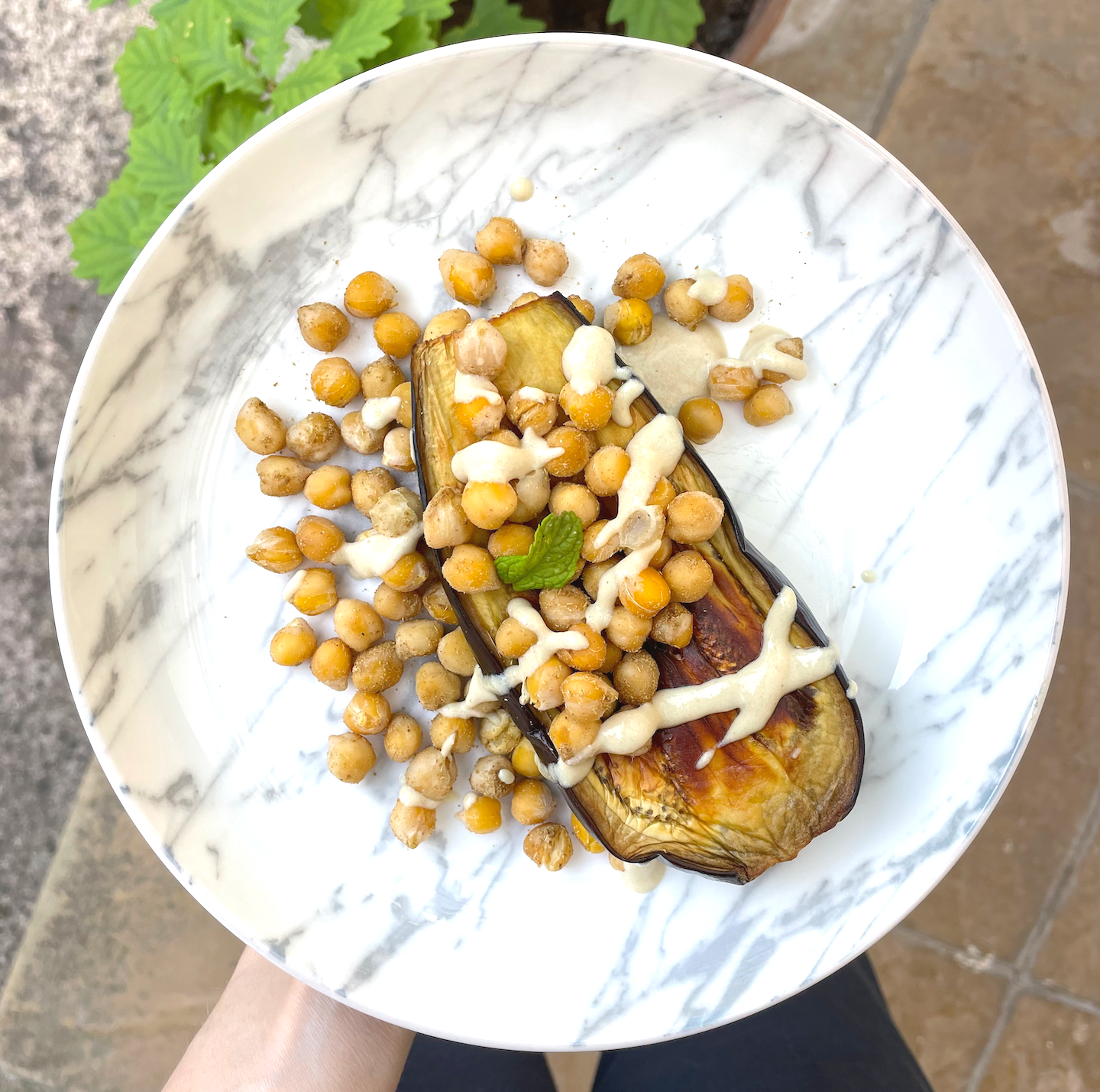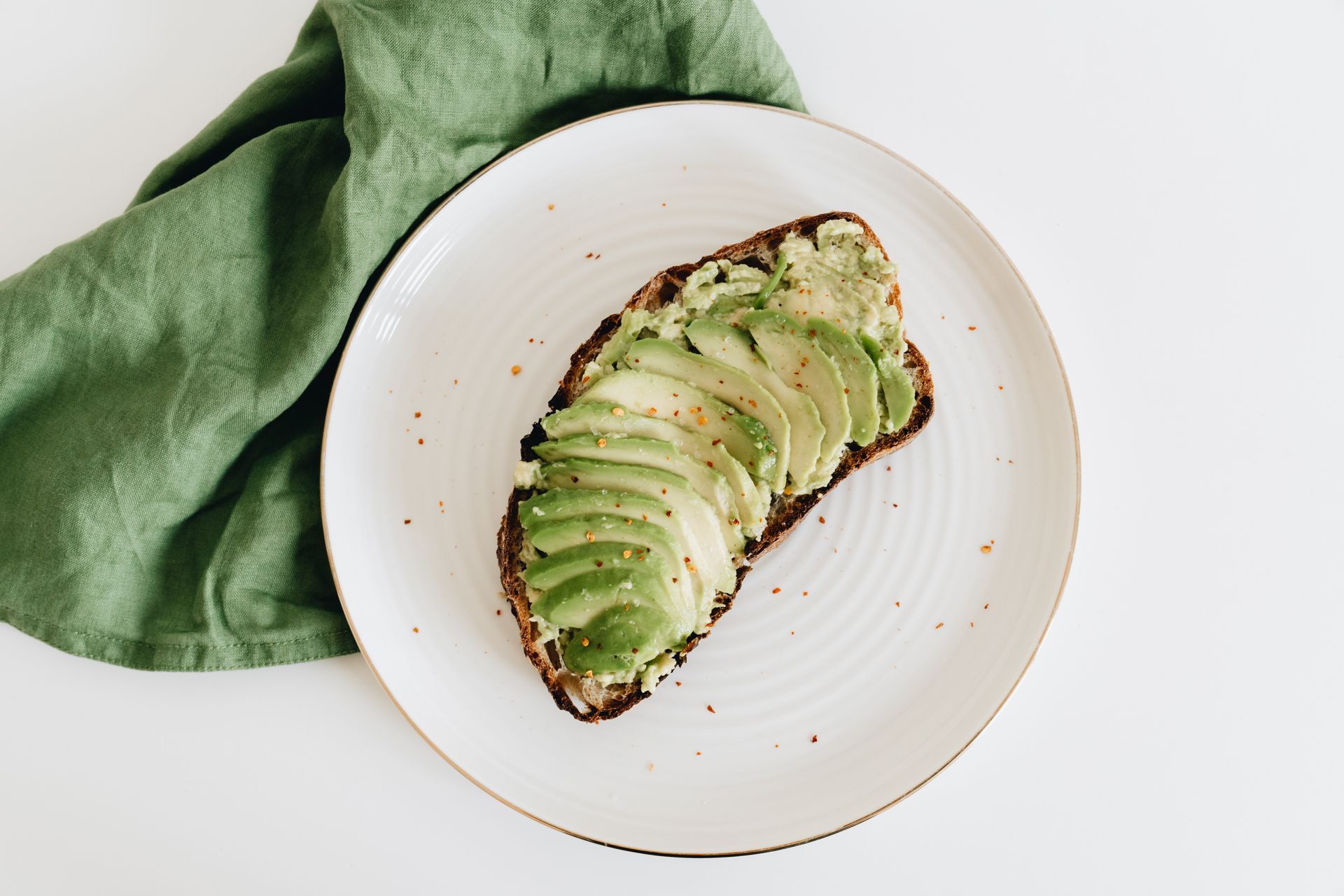Say Hello
Join our newsletter
Join our newsletter
Feeling Tired on a Vegan Diet?
In recent years, the popularity and prevalence of vegan diets has skyrocketed. In the UK alone, there was an estimated three-fold increase in vegans between 2014 and 2019 (1), and a further 1.1 million increase between 2023 and 2024 (2).
Numerous health organisations now endorse the adoption of this dietary pattern (3,4,5), largely due to its association with decreased risk of multiple chronic conditions including cardiovascular disease (6), Alzheimer’s and dementia (7), cancer, ischemic heart disease (8), type 2 diabetes (9), obesity (10), and depression (11). Increasing numbers of athletes are also attributing their newfound competitive edge and improved strength and endurance to their adoption of a vegan diet.
Despite this, a common complaint heard among new, and sometimes even experienced, plant-based eaters, is feeling tired or fatigued.
So why might this be?
Not following a Whole-foods Plant-based Diet
The term ‘plant-based’ is often used interchangeably with the term ‘vegan’. And whilst a vegan diet can be a type of plant-based diet (PBD), the term ‘vegan’ can mean anything from a diet based on black beans to a diet based on jellybeans… one is based on whole foods and the other is based on highly processed foods.
When studies showcase the benefits that following a PBD can have on human health, they are referring to a whole-foods, plant-based diet (WFPBD) – a diet that maximises calories from whole plant foods and minimises or excludes ultra-processed foods and those from animal sources.
A ‘vegan’ or ‘plant-based’ label does not guarantee a food is healthy. Although evidence suggests that highly processed foods with a vegan label can be healthier choice compared to processed animal products (12), when consumed in excess they can crowd out nutrient-dense foods like pulses, whole grains, fruits, and vegetables, and cause our intake of saturated fat, salt and sugar to rise.
Over time, this imbalance of nutrient-dense vs nutrient-poor foods can lead to multiple health complications, including symptoms of fatigue, mainly due to a lack of vital nutrients (13,14,15,16). In addition, a recent systematic review and meta-analysis showed ultra-processed food consumption to be associated with increased depressive and anxiety symptoms (17) – conditions which themselves can make you feel low in energy.
Tips:
- Swap out your meat-replacements with lentils, beans, mushrooms, tofu or tempeh.
- Make your own plant-based cheese by combining cashews, nutritional yeast and garlic - like this one
- Make your own plant-based treats and snacks, such as oat bars (like these) or bliss balls (like these), where you have control over the ingredients and quantities of added sugar, salt, and fat.
Under eating
When transitioning to a PBD, you might be surprised by how much you need to eat. Fruits and vegetables are higher in fibre and much less energy-dense than animal foods, and so your usual sized plate of food can fill you up a lot quicker with less energy. If you don’t get enough energy to fuel your daily activities, you will ultimately feel fatigued.
Tips:
- Gradually increase your portion sizes, eating little and often throughout the day.
- Utilise more calorie-dense foods like nuts, seeds, nut butters (e.g., peanut butter), tahini, tofu and/or tempeh, whole grains, lentils, avocados, and cook appropriate foods in extra virgin olive oil.
- Try including a smoothie as a snack between meals, with added nut butter, fruit, oats, and flaxseeds/chia seeds. This can be an easy and delicious way of getting some extra energy into your day, that you might find easier to consume than having an extra meal.
Lack of Specific Vitamin and Minerals
A side effect of both a highly processed vegan diet and under eating is not consuming enough vitamins and minerals to support optimal health. Poor consumption of vitamins and minerals is not limited to these two factors, however. If you aren’t mindful of consuming a balanced diet, it is possible for those adhering to a WFPBD to have low intakes of vital nutrients and even develop deficiencies.
This is because, for many nutrients involved in preventing fatigue, such as vitamin B12, iron and iodine (18), a little more thought may be needed to reach your daily requirements. This is not to say that getting enough of these nutrients is not possible on a PBD. It is 100% possible! The main reasons why you might fall short of these nutrients is typically if:
- your diet does not include a diversity of plants
- you have allergies, leading to dietary restriction
- you are simply not aware of the foods you need to consume for all your vital nutrients (19).
Let’s take a deep dive into each vitamin and mineral that can be associated with fatigue:
Vitamin B12
Vitamin B12 is required for cell division. In cases of deficiency, cell division cannot occur properly, causing abnormally large red cells to appear in the blood (called megaloblastic anaemia). This then causes a decreased ability of the blood to carry oxygen, resulting in fatigue, weakness, decreased stamina, shortness of breath, and even palpitations. Vitamin B12 is also required for the function of nerve cells, the spinal cord, and the brain. Deficiency can therefore result in mental changes including confusion, depression, irritability, insomnia and concentration – symptoms which themselves can result in feeling fatigued (20).
Considerations:
Adult stores of vitamin B12 typically last for 12+ months, but it is possible for deficiency symptoms, such as fatigue, to be experienced within several months if dietary intake is poor, or if the body is not absorbing vitamin B12 from your food properly. To determine if you have vitamin B12 deficiency, your GP may be able to perform a simple blood test.
Recommendations for vegans:
- Take a daily B12 supplement of 10mcg OR
- Take a weekly B12 supplement of 2000mcg OR
- Consume three servings of B12-fortified foods, such as nutritional yeast or fortified plant-based milk, spread across the day (21, 22).
Whilst the recommended daily intake (RDI) for Vitamin B12 in the UK is 1.5mcg, the above supplement dosages are higher because we do not absorb all the B12 that we consume. In fact, studies show that as our intake increases, the percentage absorbed decreases. For example, someone taking a supplement of 2000mcg, would expect to only absorb around 26mcg (1.3%) of it (23, 24).
Iron
Iron is required for transportation of oxygen around the body. Low iron impairs our ability to produce normal red blood cells, resulting in a condition called iron deficiency anaemia, which can lead to symptoms of fatigue, dizziness and heart palpitations.
Considerations:
Iron deficiency anaemia can occur due to poor dietary intake, impaired absorption, or following childbirth, surgery, or as a result of blood loss in menstruation (25). For plant-based eaters, iron comes in the form of non-heme iron (the type found in plants), as opposed to heme iron (the type found in animals). Our bodies absorb less non-heme iron than heme iron, which has led to the recommendation that vegetarians and vegans should consume 1.8x the normal RDI (26).
If you are concerned, your GP may be able to perform a simple blood test.
Plant-based sources of iron:
- Spinach
- White beans
- Wholegrain
- Lentils and pulses
- Tofu
- Chia seeds
- Chlorella (high iron- and protein-containing powder derived from seaweed) (27).
Read here for more on getting enough iron on a vegan diet
Vitamin C
Vitamin C can help to increase the absorption of iron from plant-based sources. It can therefore be extremely helpful to eat vitamin C-rich foods alongside iron-containing foods. For example, 100mg of vitamin C (the typical amount found in one large orange) has been shown to increase the absorption of non-heme iron by up to 4 times (28,29). To further maximise iron absorption, try to avoid consuming foods and beverages such as coffee, tea and chocolate for at least an hour either side of meals high in iron, as they contain tannins and polyphenols which inhibit iron absorption from plants (30).
Whilst important for iron absorption, a lack of vitamin C can also cause symptoms of fatigue, due to the vital role it plays in converting fat into energy. An individual following a WFPBD is likely to be consuming vitamin C in abundance. But for someone relying on processed vegan food products and/or consuming very few vegetables, deficiency is possible.
Sources of Vitamin C:
- Blackberries
- Broccoli
- Brussels sprouts
- Citrus fruits and juices
- Kiwi
- Leafy greens
- Red peppers
- Strawberries
- Sweet potatoes
Vitamin D
Vitamin D helps to maintain adequate levels of calcium and phosphate in the body for the building and strengthening of bone and muscle.
Vitamin D deficiency can therefore cause fatigue as a result of weakened bone and muscle (31,32).
Considerations:
Vitamin D is produced in the skin when it is exposed to summer sunlight, but it can also be acquired from food such as fish, milk, and mushrooms. Whatever dietary pattern you follow, if you have limited sun-exposure during the summer it is possible you may be low in Vitamin D and potentially experience fatigue as a result (33).
Recommendation:
Due to the lack of both plant and animal sources of Vitamin D, everyone in the UK is recommended to take a daily Vitamin D supplement of at least 10mcg during the winter months. Vitamin D supplements can be sourced from mushrooms (in the form of D2) or sheep’s wool or lichen (in the form of D3). If you are vegan, be sure to choose a supplement that specifically states ‘D2’, or a lichen sourced D3 supplement.
Iodine
Required for the production of thyroid hormones, which help to regulate energy metabolism. A drop in thyroid hormone production from insufficient dietary intake of iodine can cause fatigue, lethargy, weakness, and tiredness (34,35).
Considerations:
The recommended daily intake (RDI) of iodine is 150µg, with a recommended upper limit of 600µg. Is it is important not to exceed the upper RDI limit, as high intakes may cause iodine toxicity (36). Non-seaweed sources are recommended as the quantity of iodine is seaweed is so variable.
Recommendations:
- Take a non-seaweed supplement of 150µg daily
Plant-based sources of iodine
- Sea vegetables, such as nori, dulse, or wakame
- Iodised salt
- Fortified foods such as iodine-fortified bread (37)
An important note on vegan diets
As with any dietary pattern, there are some nutritional considerations when following a vegan diet. Those that are predominantly plant-based offer many nutritional advantages. Evidence suggests that plant-based eaters typically provide plentiful healthy fats, vitamin E, folate, and magnesium, which can be low on omnivorous diets (12). And whilst plant-based eaters are typically touted for having low vitamin D and calcium levels, this same systematic review showed meat-eaters were no better off, with the average meat-eater also having below optimal intake of these nutrients.
If you are experiencing unexplained fatigue, then it is important to speak with your health care practitioner so that appropriate investigations can be performed.
Written by Amber Woodhouse (RD) for Rosemary Nutrition
Hi! I'm Rosie, a vegan and plant-based registered dietitian, I work in the NHS and I am founder of Rosemary Nutrition & Dietetics - bringing compassion to dietetic advice.
If you want more from me, sign up to my mailing to list via the form below to receive a free 7 day meal plan with recipes and a shopping list, plus extra freebies via email.
You can contact me at
rosie@rosemarynutrition.co.uk or follow me on Instagram at
@plantdietitianrosie.
References
- https://www.vegansociety.com/news/media/statistics/worldwide
- https://www.finder.com/uk/uk-diet-trends
- https://www.theccc.org.uk/publication/land-use-policies-for-a-net-zero-uk/
- https://www.bda.uk.com/resource/one-blue-dot.html
- https://www.who.int/europe/news-room/fact-sheets/item/a-healthy-lifestyle---who-recommendations#:~:text=To%20ensure%20a%20healthy%20lifestyle,and%20salt%20intake%20and%20exercising
- https://doi.org/10.1016/j.pcad.2018.05.004
- https://doi.org/10.1016/j.jalz.2014.11.009
- https://pubmed.ncbi.nlm.nih.gov/26853923/
- https://doi.org/10.1136/bmjdrc-2018-000534
- https://doi.org/10.1007/s11606-015-3390-7
- https://doi.org/10.4278/ajhp.130218-quan-72
- https://doi.org/10.3390/nu14010029
- https://doi.org/10.1017/s1368980022000659
- https://doi.org/10.1371/journal.pmed.1002039
- https://doi.org/10.1016/j.jacc.2017.05.047
- https://doi.org/10.3390/nu13051536
- https://www.ncbi.nlm.nih.gov/pmc/articles/PMC9268228/
- https://doi.org/10.7759/cureus.35148
- https://doi.org/10.3390/nu14010029
- https://onlinelibrary.wiley.com/doi/abs/10.5694/mja11.11509
- https://www.nhs.uk/medicines/cyanocobalamin/
- https://bnf.nice.org.uk/drugs/cyanocobalamin/
- https://www.ncbi.nlm.nih.gov/pmc/articles/PMC2532799/
- https://viva.org.uk/health/a-zs/nutrients/vitamin-b12/
- https://journals.sagepub.com/doi/abs/10.1177/1756283X11398736
- https://pubmed.ncbi.nlm.nih.gov/11269606/
- https://www.sciencedirect.com/science/article/abs/pii/S0261561417313511
- https://www.annualreviews.org/doi/abs/10.1146/annurev.nu.01.070181.001011?journalCode=nutr
- https://pubmed.ncbi.nlm.nih.gov/10799377/
- https://pubmed.ncbi.nlm.nih.gov/11029010/
- https://pubmed.ncbi.nlm.nih.gov/11693961/
- https://www.ncbi.nlm.nih.gov/pmc/articles/PMC5045666/
- https://www.nature.com/articles/s41430-017-0081-y
- https://pubmed.ncbi.nlm.nih.gov/18676011/
- https://www.who.int/publications-detail-redirect/9789241595827
- https://www.bda.uk.com/resource/iodine-deficiency-in-the-uk-dietetic-implications.html#:~:text=The%20safe%20upper%20limit%20is,low%20iodine%20supply%20has%20occurred.
- https://www.ncbi.nlm.nih.gov/pmc/articles/PMC3063534/
